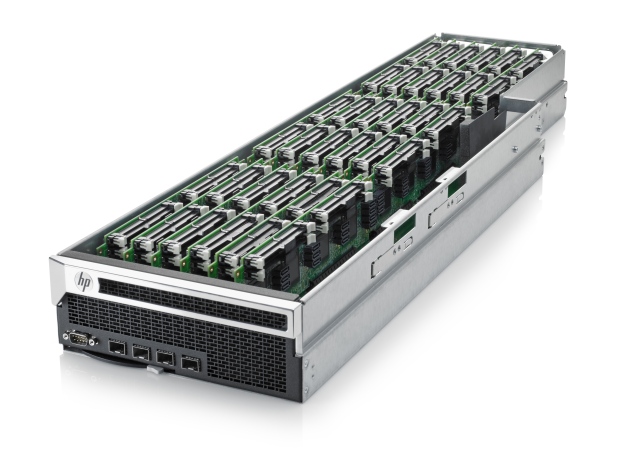ODMs' growing popularity stops with Web companies

Original design manufacturers (ODMs) such as Quanta Computer and Wistron are benefiting from Web companies eschewing traditional server and storage makers, choosing instead to go straight to them for their datacenter needs.
However, the impact of this will likely be limited to large Internet companies while enterprises will stick with the offerings by vendors such as Hewlett-Packard (HP), Dell and IBM, one analyst said.

IDC in February this year released its fourth quarter 2012 findings for the global server market, and it placed IBM as the top vendor in that three months with 36.5 percent market share while HP came in second with 24.8 percent and Dell took third with 15.1 percent.
A separate Wired report in March this year, though, indicated these findings do not show the true picture of the industry. The tech news site interviewed Mike Yang, vice president and general manager at Quanta Computer, which is one of the Asian manufacturers supplying hardware to Internet giants such as Facebook and cloud provider Rackspace, which are part of the Open Compute Project.
He said the numbers from research firms IDC and Gartner do not include Quanta's direct sales to these Web companies, and these sales are on the rise. In 2012, for instance, the company built 1.2 million server motherboards, which was an increase of 19 percent from the previous year, and most of that growth came from direct sales to customers such as Facebook, Yang said.
Previously manufacturing gear for original equipment manufacturers (OEMs) such as Dell and HP, the Taiwanese company has decided to cut out these middle-men to go straight to the big customers, he added.
This can be seen by how direct sales to Web companies are increasing in relation to the company's overall revenue. In 2011, 34 percent of its revenue came from such sales while in 2012, it grew to 65 percent, the report noted.
Facebook's Frank Frankovsky alluded to why Web companies are choosing to go straight to ODMs. The vice president of hardware design and supply chain at the social networking giant made the call for disaggregated servers in January this year, given that existing hardware from traditional vendors come prepackaged with CPUs, memory, networking and I/O chips and all these parts have different replacement cycles.
Faster, cheaper way to procure
Forrester analyst Frank Liu thinks this trend of Web companies going straight to ODMs is gaining in prominence. This is because these customers are more willing to manage their data centers from the choice of chips to the server stack, he said.
In addition, servers and storage with specific configurations ordered by Web companies can be delivered by these manufacturers faster and cheaper than traditional server vendors, Liu said.
That said, he believes this trend has only a limited impact on non-Web companies as most of them would continue to prefer standard servers and storage hardware from traditional vendors as the latter's products are easier to manage and upgrade.
Support, service management a value-add
Liu added that contrary to common perception that ODMs simply produce hardware without the accompanying support and service management, there are some companies which do as they look to enhance the low-margin manufacturing business.
"For example, Quanta's U.S. subsidiary QCT offers a complete datacenter product package, including servers, storage and networking equipment along with configuration and support services," the analyst pointed out.
This is an area of opportunity for ODM vendors as such services translate to higher margins, he said, but added these may not be as attractive to the big Web companies. After all, these companies have already built up strong datacenter infrastructure and application management skillsets and would not need the third-party support offered, he explained.
Both Quanta and Wistron did not respond to ZDNet Asia's queries, while Facebook also did not respond to questions. Amazon Web Services declined to comment.